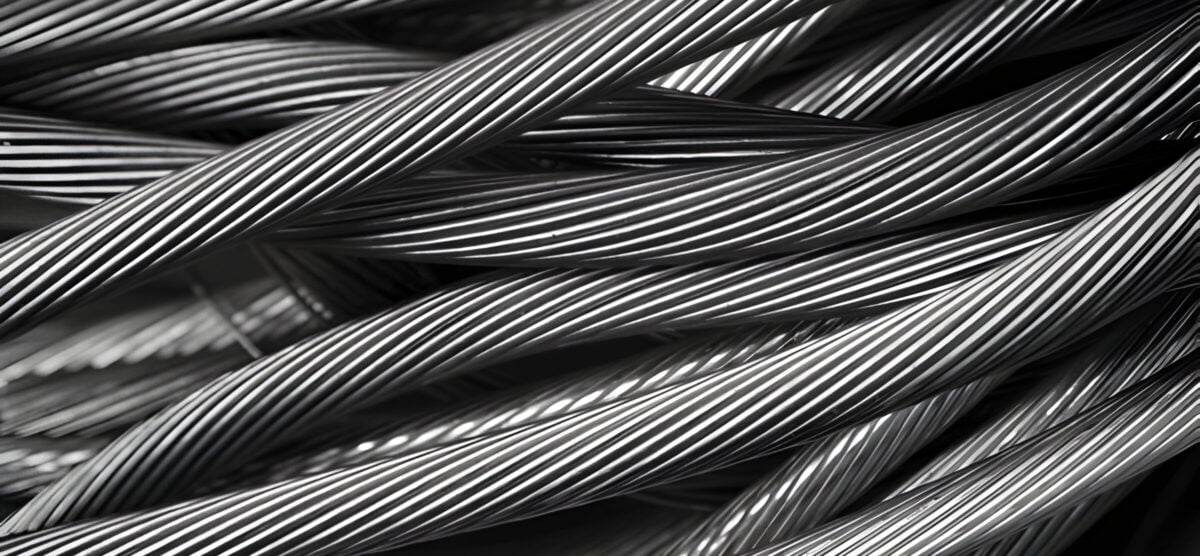Blogs

The Basics of Beryllium Copper: What Every Engineer Should Know
Beryllium copper, or BeCu, is one of the most advanced and versatile materials used in modern engineering. This alloy combines the high strength of beryllium with the excellent conductivity of copper, delivering unmatched performance in demanding environments.
From aerospace components to electrical systems, beryllium copper plays a vital role across various industries. In this blog, we’ll explore its key properties, available grades, and real-world applications. Whether you’re an engineer, manufacturer, or materials specialist, this guide will help you make informed decisions.
What Is Beryllium Copper?
Beryllium copper is a copper-based alloy containing 0.5% to 3% beryllium, along with trace elements. This small addition transforms ordinary copper into a high-performance material with enhanced:
- Strength and hardness
- Electrical and thermal conductivity
- Workability and durability
BeCu is especially suited for environments that are stressful, explosive, or sensitive, offering reliability where it matters most.
Key Properties of Beryllium Copper
1. Exceptional Strength and Hardness
BeCu can be heat-treated to reach strength levels similar to hardened steel, while still maintaining copper’s formability. This makes it ideal for:
- Springs
- High-load components
- Connectors under stress
2. Excellent Electrical and Thermal Conductivity
BeCu retains copper’s excellent conductivity, making it perfect for electrical contacts, relays, and terminals where durability and conductivity are both essential.
3. Non-Sparking and Safe for Hazardous Areas
Unlike other metals, BeCu is non-sparking, meaning it won’t ignite flammable materials when struck. It’s commonly used in:
- Oil refineries
- Chemical plants
- Mining equipment
4. Non-Magnetic
BeCu is naturally non-magnetic, making it useful for applications where magnetic interference must be avoided, such as:
- MRI-compatible medical devices
- Aerospace instruments
- Military-grade equipment
5. Corrosion Resistance
This alloy stands up well to marine and chemically aggressive environments, offering a long service life even under harsh conditions.
Grades of Beryllium Copper
BeCu is available in different grades to suit specific applications:
C17000 / C17200 – High-Strength Grades
- Strength and fatigue resistance
- Resists stress relaxation
- Used in: Springs, bearings, aerospace fasteners, structural parts
C17300 – Free-Machining Grade
- Contains lead for improved machinability
- Retains core BeCu properties
- Used in: Aerospace components, automotive parts, precision machined parts
C17400 / C17500 / C17510 – High Conductivity Grades
- Balanced strength and conductivity
- Used in: Welding tips, electrical contacts, switches, battery connectors
Common Applications of Beryllium Copper
1. Electrical and Electronic Components
BeCu is a go-to material for:
- Connectors
- Relay blades
- Switch contacts
- Battery springs
- Circuit breakers
Its combination of conductivity, fatigue resistance, and formability makes it ideal for high-performance electronics.
2. Non-Sparking Tools for Hazardous Workplaces
BeCu tools prevent ignition in flammable environments. Common examples include:
- Wrenches
- Hammers
- Screwdrivers
- Pliers
Used extensively in oil & gas, chemical plants, and mining operations.
3. Aerospace and Defense Components
Thanks to its non-magnetic and corrosion-resistant nature, BeCu is widely used in:
- Sensor housings
- Aircraft landing gear
- Navigation systems
- Gyroscopes and instruments
4. Marine and Subsea Applications
Its corrosion resistance makes it suitable for:
- Submarine components
- Offshore drilling parts
- Shipboard electronics
5. Welding and Fabrication Tools
BeCu’s high conductivity allows it to endure intense heat and stress. It’s commonly used for:
- Welding electrodes
- Resistance welding tips
- Fabrication jigs
Why Engineers Choose Beryllium Copper
Engineers rely on BeCu for its unique combination of performance traits:
- Strength and durability under high load
- Excellent fatigue and stress-relaxation resistance
- High electrical and thermal conductivity
- Safe for explosive environments
- Corrosion and wear resistance
- Non-magnetic and interference-free operation
Whether you’re working in aerospace, electronics, or industrial safety, BeCu delivers dependable performance in critical conditions.
Is Beryllium Copper Toxic?
Beryllium dust or fumes can be hazardous during machining or manufacturing. However, solid BeCu parts are safe for everyday use.
✅ Safety tips during fabrication:
- Use proper ventilation
- Wear PPE (Personal Protective Equipment)
- Install dust collection systems
With proper precautions, BeCu can be used safely in industrial settings.
Conclusion: The Role of Beryllium Copper in Engineering
Beryllium copper stands out as a high-performance material that combines strength, conductivity, safety, and durability. From electrical systems to aerospace assemblies, its applications are diverse and vital.
If you’re seeking a material that performs in extreme conditions, BeCu is a smart and reliable choice.
🔗 Want to learn more or get in touch?
Visit us at domadia.net/contact and let’s connect!




